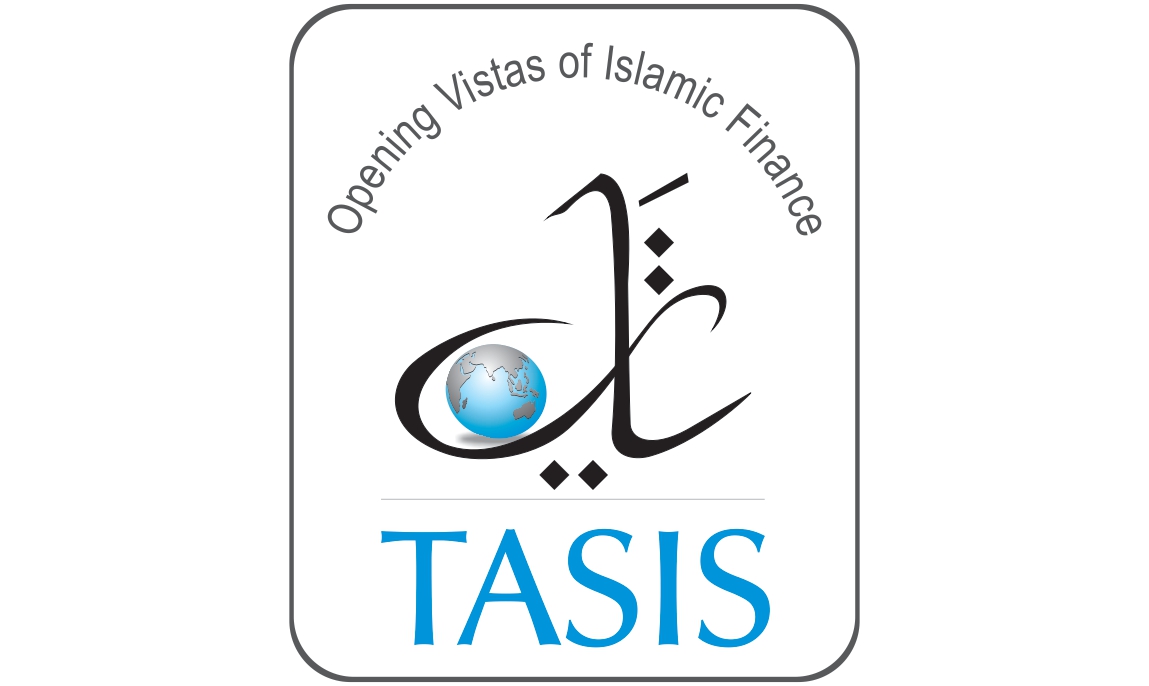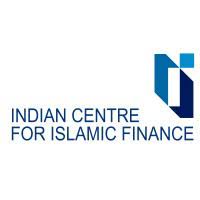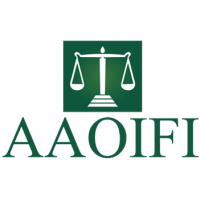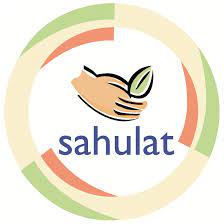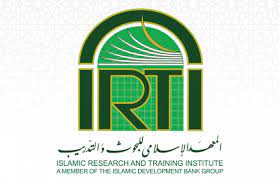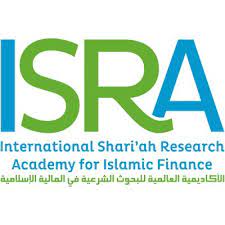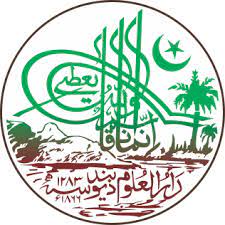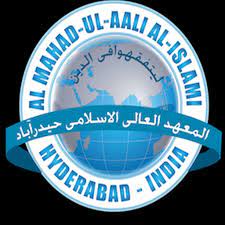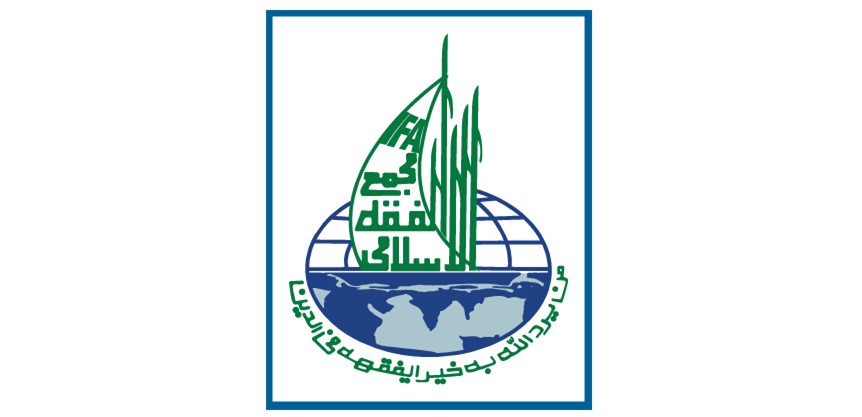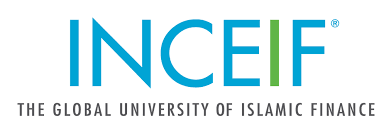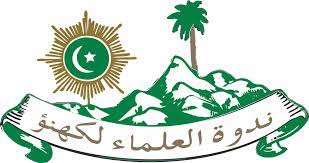MON To FRI 11:00AM - 06:00PM
Institutions
Indian Centre for Islamic Finance (ICIF) is striving to present Islamic economy and financial system as an alternative to the prevailing conventional system based on free trade and controlled economic systems. It is on one hand, creating awareness among the masses how Islamic financial system is humane, based on ethics and beneficial to all segments of the society and more particularly the marginalized and unorganized sector. On other hand, it is networking the individuals and institutions working in this field to collectively present before the regulators, businessmen, bankers and political leaders to accommodate Islamic banking along with conventional banking. To achieve above objectives, it has conducted several meetings, seminars, workshops and interactive sessions and also produced research materials and documents in English and Hindi apart from Urdu to create awareness among the masses. It has an ambitious plan to undertake research and education to produce scholars who are well-versed in Shariah as well as Modern Banking and Finance.
AAOIFI, established in 1991 and based in Bahrain, is the leading international not-for-profit organisation primarily responsible for development and issuance of standards for the global Islamic finance industry. It has issued a total of 100 standards in the areas of Shari’ah, accounting, auditing, ethics and governance for international Islamic finance. It is supported by a number of institutional members, including central banks and regulatory authorities, financial institutions, accounting and auditing firms, and legal firms, from over 45 countries.
SAHULAT MICROFINANCE SOCIETY (Regd. under the Societies Registration Act, 1860) is a voluntary non-political, non-profit making social service organization established in 2010. Sahulat was formed for the sole purpose of promoting interest-free microfinance (IFMF) activities in India. It establishes IFMF institutions under credit cooperative format as a sector. Currently there are 42 legal entities and 87 branches who are affiliated with Sahulat through a memorandum of cooperation. These legal entities are registered under various cooperative acts enacted by state and central government.
The Islamic Development Bank Institute (IsDBI) is the knowledge beacon of the Islamic Development Bank Group. Guided by the principles of Islamic economics and finance, the Institute is mandated to lead the development of innovative knowledge-based solutions to support the sustainable economic advancement of the 57 IsDB Member Countries and various Muslim communities worldwide.
ISRA was established in 2008 by the Central Bank of Malaysia as an Islamic finance and Shariah related research institution. ISRA is recognised globally as a leading Global Premier Research Academy in Islamic Finance industry with numerous accolades. An ICD Thomson Reuters study in 2014, cited that an estimated 6.2% of global Islamic Finance Research were contributed by ISRA. Contributions by ISRA include over 200 Shari’ah research publications, textbooks, journals and research papers that are constantly referred internationally and its I-FIKR Portal which is gaining popularity for its one-stop online Shari’ah knowledge repository for Islamic Finance.
The day of Thursday, 15th Muharram, A.H. 1283 (May 31, 1866), was that blessed and auspicious day in the Islamic history of India when the foundation stone for the renaissance of Islamic sciences was laid in the land of Deoband. Seeing the simple and ordinary manner in which it had been started, it was difficult to visualize and decide that a Madrasah beginning so humbly, with utter lack of equipments, was destined to become the center, within a couple of years, of Islamic sciences in Asia. Accordingly, before long, students desirous of studying the Holy Book and the Sunnah, the Shari’ah and the Tariqah (the spiritual path), began to flock here in droves from this sub continent as well as from neighboring and distant countries like Afghanistan, Iran, Bukhara and Samarqand, Burma, Indonesia, Malaysia, Turkey and the far off regions of the continent of Africa, and within a short-time the radiant rays of knowledge and wisdom illumined the hearts and minds of Muslims of the continent of Asia with the light of faith (Iman) and Islamic culture.
Al Mahad Ul Aali Al Islami is a unique institution in India which is focused on research in Islamic Sciences. It offers opportunity for Alumni of well-known Islamic seminaries to continue their studies in Hadith, Tafseer, Fiqh and Dawah in an environment which seeks to incorporate contemporary standards of excellence. Scholars who have graduated from Al Mahad are spread not only in different parts of India but also in the Arab World and Western Countries.
Islamic Fiqh Academy (India) was established by some Islamic religious scholars for the purpose of searching for Sharia solutions to new problems, and to unite Islamic scholars, irrespective of differences in their thoughts and ideologies, bringing them on a common platform, for collective contemplation and debate on contemporary issues in Sharia perspective, in order to achieve targets, in line with strategies and distinction, following the middle path and collective ijtihad, adopting the opinion of the majority of Jurists as the basic methodology characterized with moderation in their works, bringing the Islamic scholars on a single platform in respect of important issues with comprehensive thinking.
INCEIF was set up by Bank Negara Malaysia in 2005 and has been mandated to develop and nurture talent and experts in the Islamic financial services industry. As a university, INCEIF offers postgraduate studies in Islamic finance.
INCEIF aims to be the knowledge leader in Islamic finance through providing excellent teaching, research and thought leadership. In achieving this vision, it is important for INCEIF to bridge both academia and industry.
Darul Uloom Nadwatul Ulama is an Islamic seminary in Lucknow, India. It was established by the Nadwatul Ulama, a council of Muslim scholars, on 26 September 1898. This educational institution draws large number of Muslim students from all over the world. Nadwatul Ulama fosters a diverse range of both scholars and students including Hanafis, Shafi'is and Ahl al-Hadith. Additionally it is one of very few institutes in the region to teach the Islamic sciences completely in Arabic.
